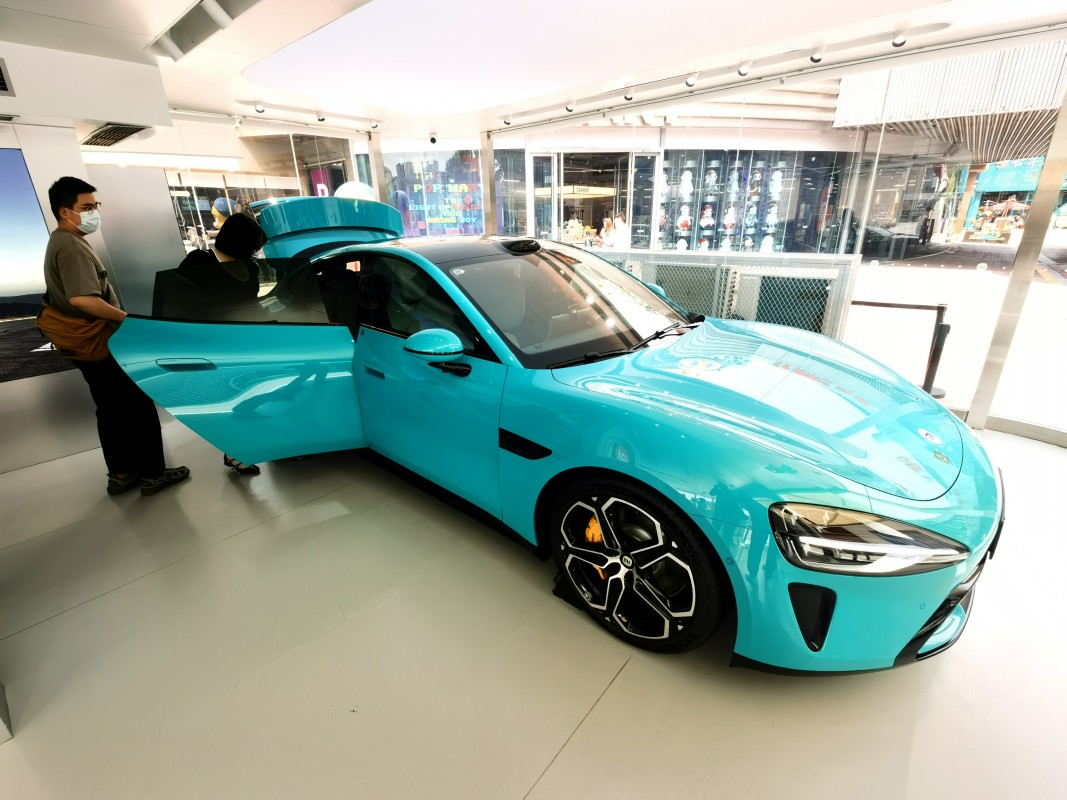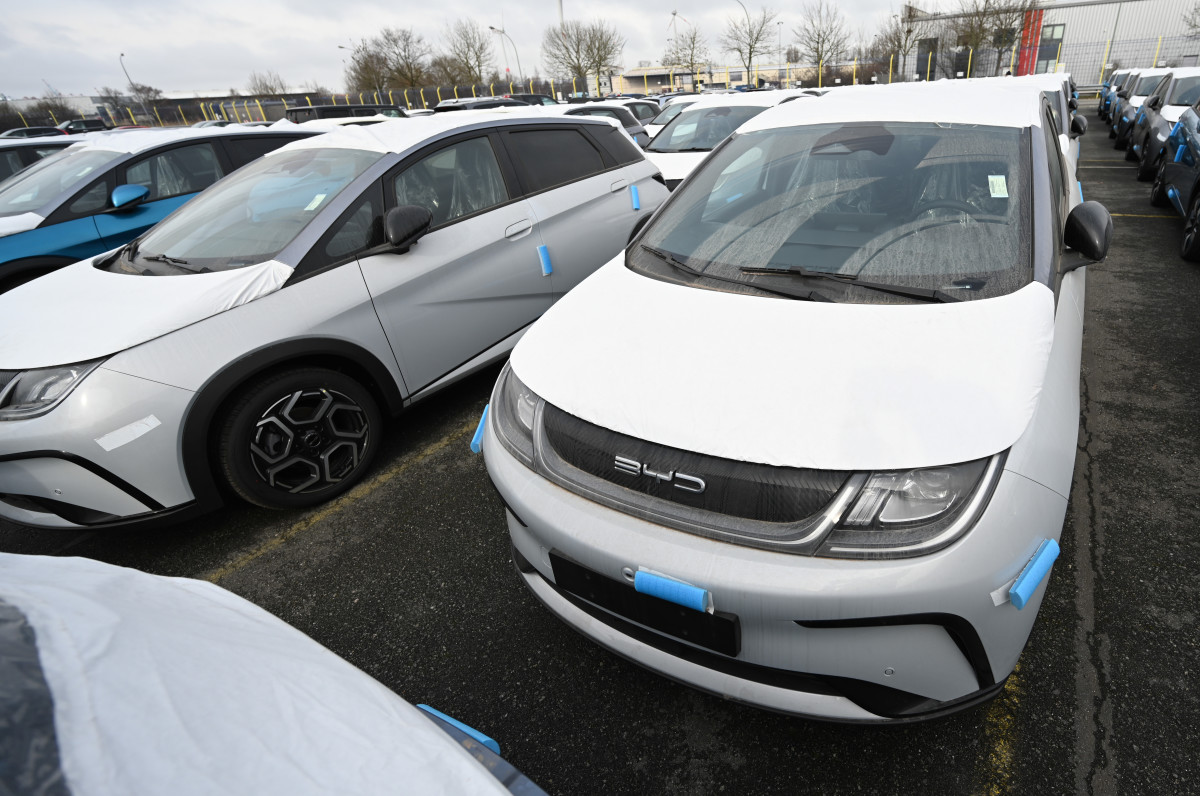
Despite President Biden and his administration's reservations and new moves against EV imports from China, a new report shows that younger auto buyers are much more open to considering Chinese auto brands, despite privacy concerns.
Related: President Biden's new Chinese EV tariffs might bite back, experts say

As per the results of a new survey by AutoPacific, of auto buyers aged 18-80, 35% said that they were open to buying a vehicle from a Chinese automaker.
However, when broken down further by age, the results are much more staggering. A whopping 76% of American buyers aged under 40 would consider buying a vehicle from a Chinese brand if made available in the United States, a pale comparison to just 26% of buyers aged 60 years and older.
In a report by Automotive News, Ed Kim, the president and chief analyst at AutoPacific said that exposure to these brands via social media has made younger buyers more aware of the kind of cars that people on the other side of the world are driving.
View the original article to see embedded media.
"Social media has simply just made the world a lot smaller," Kim told AutoNews. "It is extremely easy for anyone to see what's happening in other parts of the world, to see what products are available in other parts of the world."
Additionally, Kim added that older consumers that were surveyed are less likely to purchase Chinese cars because of more politically charged issues attributed to lasting effects of the Cold War, as well as a general stigma around communism.
"Political connotations associated with China just don't apply to younger people," he said.
That being said, concerns about connected Chinese cars and their privacy remain high across all age groups, with it being a concern for 73% of buyers under 40 and 81% of buyers over 60. Despite the strong concern that applies across all age groups, including those under 40, the analyst Kim says that such concerns will subside given how much of our daily lives are given to Chinese-made electronics.
“Privacy concerns about Chinese-brand vehicles are likely to eventually subside given that most of the connected smartphones, smart watches, laptops, connected home devices we are comfortable using every day are in fact manufactured in China,” Kim said in a statement.
More Business of EVs:
- Tesla makes another harsh last-minute decision, frustrating students
- Forget Tesla's Supercharging, Polestar's new charging tech can charge even faster
- EVs have a problem Ford's partner aims to fix
Related: 'TikTok generation' is getting enticed with Chinese EV brands

The results of this survey follows an earlier study conducted by AlixPartners, which found that most younger EV buyers are very aware of Chinese EV brands like BYD. (BYDDY)
According to their latest International Electric Vehicle Consumer-Sentiment Survey, AlixPartners found that out of 9,000 buyers surveyed, 58% of buyers in the U.S. who said that they were very or moderately likely to buy an EV for their next car were aware of such brands.
That percentage jumped to 76% amongst those aged 18-25 and 73% amongst those aged 25 to 35 - a trend that AlixPartners attributes to social media exposure.
"It's pretty clear that even with very little market share, the awareness is really growing," AlixPartners' automotive and industrial global co-leader Mark Wakefield said. He also noted that the awareness and brand recognition for these brands can "bode either well if you're a Chinese EV company exporting or ominously if you are a traditional automaker."
Related: Veteran fund manager picks favorite stocks for 2024







